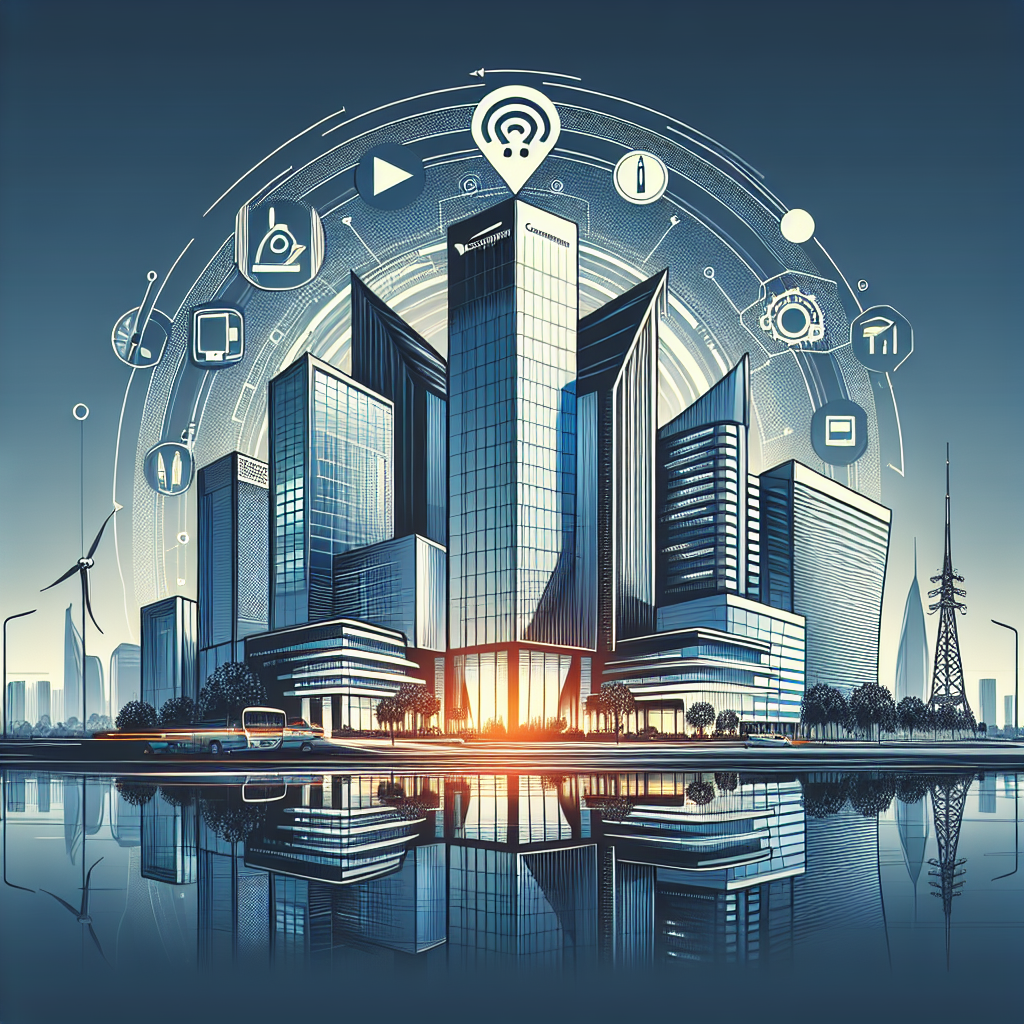India's Balancing Act: Economic Growth and Carbon Transition
India is rapidly expanding its renewable energy capacity, but its growing economy and population are increasing demand for carbon-intensive products. While India aims for net-zero emissions by 2070, the country's fast economic growth could drive up greenhouse gas emissions, posing environmental and social challenges.

- Country:
- India
India is making significant strides in renewable energy development, according to Moody's Ratings. However, the nation's expanding economy and booming population are set to increase demand for carbon-heavy products, posing challenges to India's environmental ambitions.
Moody's projects India to remain among the fastest-growing global economies, with GDP growth expected to reach 7.2% in 2024 and 6.6% in 2025. The report emphasizes the impact of rising population and industrialization on energy demands, boosting consumption of energy-intensive goods like automobiles.
Achieving net-zero emissions by 2070, India has made some progress toward interim decarbonization targets for 2030. Yet, the rapid economic expansion may escalate greenhouse gas emissions, asserting the need for strategic investment in decarbonization. Meanwhile, India faces high credit exposure to environmental risks such as rising temperatures, pollution, and water stress.
(With inputs from agencies.)










